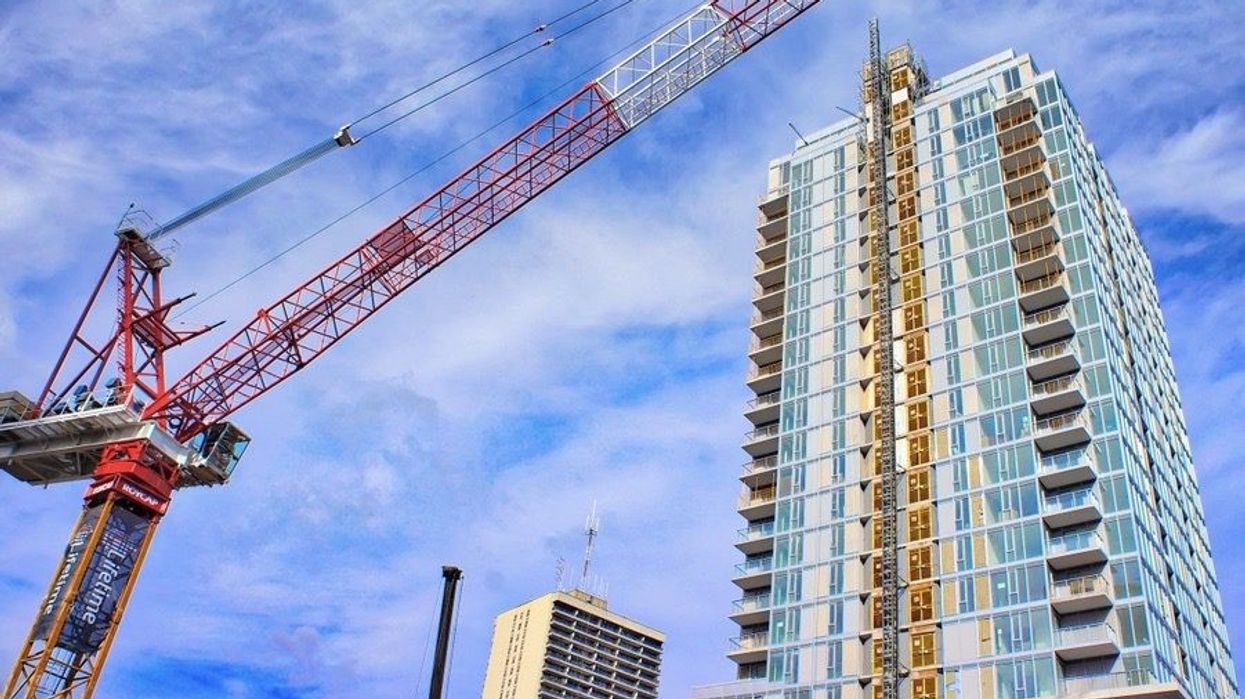Changing profit expectations and modifying deposit structures are among two recommendations to help Canada's housing affordability crisis outlined in a new report.
The report, released on Thursday by PWC and the Urban Land Institute (ULI), discusses emerging trends in real estate, anticipating what's to come in 2023. In a chapter focusing solely on Canadian real estate, the report lays out a variety of recommendations to increase housing affordability based on interviews with dozens of industry leaders, from major developers to economists.
Markets all across Canada have been hit with an affordability crisis, with cities like Toronto and Vancouver being some of the least affordable in the world. Although the Bank of Canada has tried to tackle this by hiking its interest rates consistently since March of this year, the report argues that supply is too constrained -- and getting even tighter in the rental market -- for this to meaningfully slow the affordability crisis.
READ: “A Very Strong Message”: Industry Pros Weigh in on More Homes Built Faster Act
"Even if affordability eventually improves with falling housing prices, the reality is that the key issue underpinning the crisis is insufficient supply to meet high demand for all types of homes," the report reads. "Demand will continue to rise, especially as the Canadian government commits to higher immigration targets in the coming years and the country welcomes large numbers of temporary residents, like international students, who also need places to live."
In interviewing experts for the report, some indicated that they were looking to pause their housing developments, particularly condo projects, as they dealt with both softening demand due to rising interest rates and financial challenges.
"As that happens, and especially if projections of cancellations continue to materialize, the supply and affordability challenge will not go away even if the housing market cools for the time being," the report says.
With supply being the crux of the matter, including supply of affordable housing, the report says that current government funding to support affordable housing falls short of what is needed to "make a serious dent in the problem." And with different government initiatives often using widely different criteria to determine what's affordable, the report also lays out a desire for more consistency.
The report then takes aim at expensive development charges, fees, and taxes that builders have to pay to various levels of government. Development charges have been a sore spot for developers, particularly in the Toronto area where a recent City approval would see them raised nearly 50% by 2024. This raise came several months after a study was released by the Building Industry and Land Development Association that noted government-imposed taxes and fees account for as much as 24% of the price of a new home in the Greater Toronto Area.
On the developer side, there is much that can be done to help Canadians afford homes. A number of experts interviewed for the report acknowledged the recents years of success that the real estate industry has seen, but not all think this should be used as the standard. In fact, one interviewee recommended the industry get ready for "a reset of profit expectations."
A number of experts noted they had already begun to take small steps to make housing more accessible to buyers, including modifying deposit structures on certain units. Another said they were able to increase efficiency and save costs by moving certain engineering and construction activities to happen earlier in the design process.
When it comes to delivering affordable units, one interviewee emphasized the need for more collaborative partnerships between industry players, nonprofit organizations, and governments.
"There are many examples of creative partnerships and approaches to building affordable homes in Canada that, with the right funding and incentives from governments, can make a difference if applied more broadly," the report said.





















